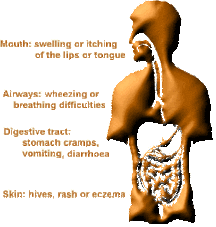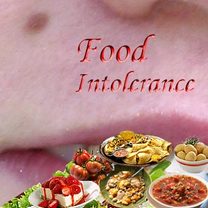Several years ago, parents of a lovely nine-year-old girl, Karen, brought her to see me because she had poor memory. They indicated that she had difficulty in thinking and focusing, and because of these issues she was falling further and further behind in her school work. Interestingly, they stated that at times she was fine, while clearly at other times her brain function seemed to be different. They indicated that she had difficulty keeping her thoughts together and that she became profoundly frustrated when this would occur.
Because of her significant issues with academic performance, her parents elected to home school her. Her academic testing revealed that she was functioning at or below a third grade level in a variety of areas, including math skills, reading fluency, story recall and overall academic skills. Fortunately, she had no significant medical problems in her past and her overall physical, as well as neurological examinations were entirely normal. Routine, typical blood studies were unrevealing, so I was left to reconsider her history to see if there were any clues as to what might be causing this child's problems.
What caught my attention was the interesting fact that her problems were not constant, indicating that basically her brain was intact but something seemed to be detrimentally influencing her from time to time, causing her to have these significant issues with respect to how her brain functioned. In considering what factors change day to day in terms of someone's exposure, certainly diet is at the top of the list.
Recognizing that gluten sensitivity (a protein found in wheat, barley and rye) is extremely common, I decided to perform a simple blood test to determine if this child was gluten sensitive. When the laboratory studies were completed, we were surprised to learn that she was profoundly sensitive to gluten. So at that point I instructed her parents to put her on a gluten-free diet. While they considered this diet to be challenging, eliminating all wheat, barley and rye from her diet, nevertheless they complied. Over the next two weeks, her parents observed a remarkable change in her cognitive function. Karen suddenly was able to focus much more readily on her school work and indicated to her parents that she suddenly noticed she was thinking much more clearly. Her parents maintained her on a gluten-free diet and over the next several months continued to notice further improvements in her school work. At the end of the school year, she was tested and her grade level equivalent for math calculation skills was 5.1, reading fluency 5.6 and story recall 8.4, which is to say, functioning at a level considered "normal" midway through the year for an eighth grader.
Read Full article on Gluten Sensitivity.
ALCAT - Gluten Sensitivity Testing. The ALCAT Food and Chemical Sensitivity/Intolerance Test. State of the art food allergy testing. Find hidden allergies.




 RSS Feed
RSS Feed